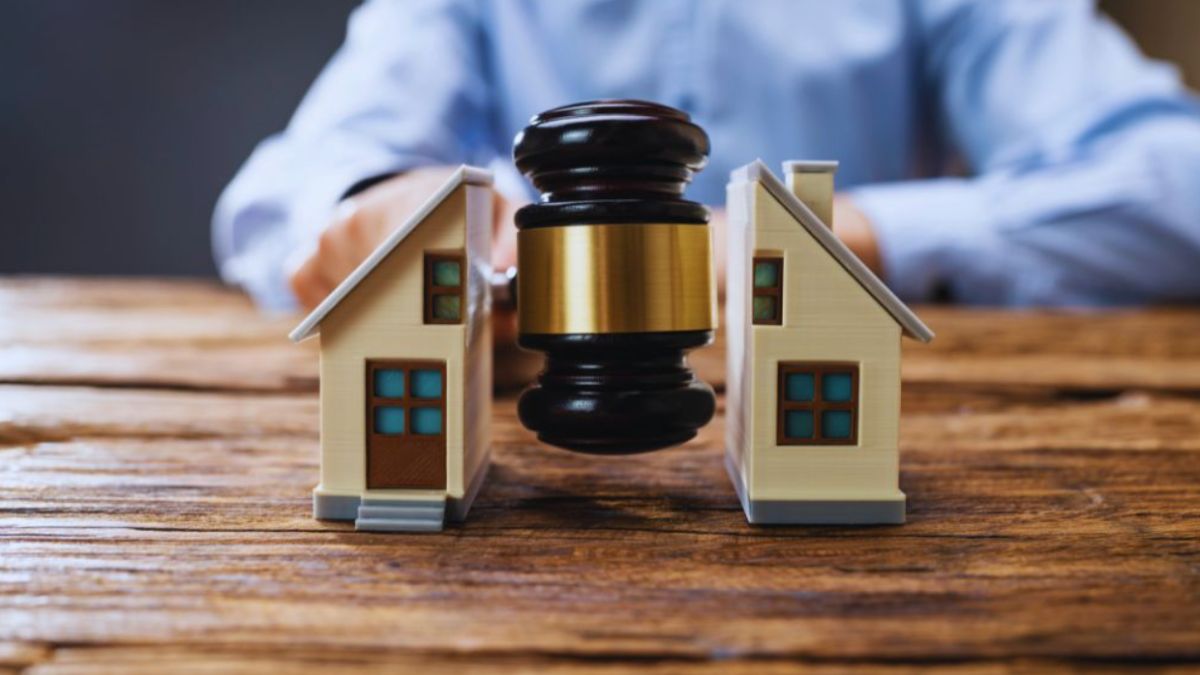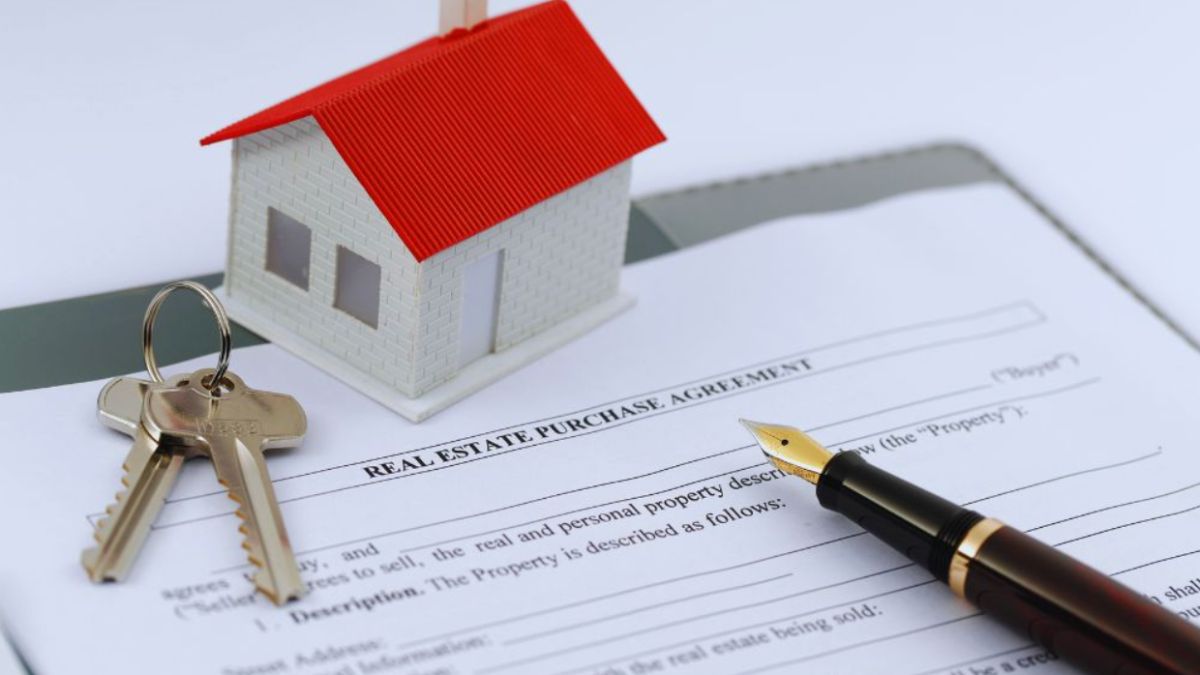Table of Contents
ToggleProperty Dispute Litigation | The Fraser Law Firm
Owning a home can feel like a dream—until that dream is interrupted by a property dispute. In South Carolina, common property disputes include boundary line disagreements, easement and right-of-way conflicts, co-ownership or partition matters, and disputes involving restrictive covenants. These disagreements can become stressful quickly. They bring confusion, frustration, and can even affect the value of your home. However, with knowledgeable legal help, these issues may potentially be addressed more efficiently and may help protect your property interests, though outcomes depend on specific facts and applicable law.

Fraser Law Firm, LLC, recognizes the value your property holds. Our team draws on extensive experience in property dispute litigation to work with homeowners across South Carolina to address these matters. We assist with issues involving boundaries, shared ownership, and disputes with landlords or tenants, providing guidance throughout the process. Each situation is different, and results depend on specific facts and applicable law.
Call Fraser Law Firm, LLC at (843) 681-9111 Today!
What Is Property Dispute Litigation?
Property dispute litigation in South Carolina is the legal process for resolving disagreements over real estate or land ownership. South Carolina law generally requires a licensed South Carolina attorney to handle real estate closings and represent clients in most property-related court cases, including title disputes, boundary line matters, and partition actions (S.C. Code Ann. § 40-5-310, as interpreted by state courts).
The Common Types of Property Disputes Leading to Litigation
Boundary Disputes
Boundary disputes in South Carolina arise when neighbors disagree about the exact location of a property line, often due to issues with historical surveys, deed descriptions, or physical encroachments such as fences, sheds, or driveways. In South Carolina, courts typically consider professional land surveys, recorded plats, and deeds as primary evidence when resolving boundary disputes. Such conflicts often stem from unclear surveys, outdated maps, or misunderstandings of legal descriptions in deeds, and may result in property dispute litigation.
Easement Disputes
In South Carolina, easement disputes often occur when the right to use another person’s land—such as for access or utilities—is unclear or challenged. These issues may involve the easement’s location, boundaries, maintenance duties, or claims of overuse. Parties often begin by attempting negotiation or mediation, but unresolved matters may proceed to court. While most easements are recorded with the county Register of Deeds, some may be recognized under common law as prescriptive easements. In South Carolina, a prescriptive easement generally requires open, notorious, continuous, adverse (hostile), and uninterrupted use—without the owner’s permission and under a claim of right—for at least 20 years, though courts evaluate each case based on its specific facts and circumstances. Seeking guidance from a property attorney can help address these disputes effectively.
Title Disagreements
A title disagreement in South Carolina may occur when multiple parties claim legal ownership of the same property, sometimes due to errors in documentation, inheritance disputes, or questionable transactions. Such disputes can restrict the owner’s ability to sell or develop the property. Resolution may involve a ‘quiet title action,’ which typically includes a comprehensive title search to identify potential claimants, service of legal notice to all possible parties (including by publication for unknown parties when appropriate), and compliance with applicable South Carolina statutes, including S.C. Code Ann. § 15-67-10 et seq. and applicable court rules. A quiet title action is a formal court process to resolve disputes over property ownership.

Land Use Restrictions
Land use disputes can occur when property owners have questions about how they may legally use their land. In South Carolina, county or municipal authorities enforce zoning ordinances and land development regulations. Restrictive covenants recorded with a property deed are typically enforced through civil actions filed by private parties in the Court of Common Pleas. Disagreements often arise when a proposed building project or land use conflicts with these rules, which can lead to property dispute litigation.
The Property Dispute Litigation Process
Consulting an Attorney
The first step in the property dispute litigation process is crucial. It involves speaking with a knowledgeable attorney, like the team at Fraser Law Firm, LLC. They will listen to your concerns, review any basic documents you have, and explain your legal options. Early legal counsel is essential, as it helps you assess your case’s strength and decide on your next steps. It can help you stay informed and in charge of your circumstances while avoiding errors and saving time.
Gathering Documents
Once you’ve met with your attorney, the next step is to gather important property records. It includes deeds, titles, surveys, maps, lease agreements, and any emails or letters related to the dispute. These documents are essential for understanding the full picture and building a strong case. Your lawyer will review everything carefully to look for errors, missing information, or signs of ownership issues.
Attempting Negotiation
Before going to court, your attorney may try to settle the dispute through direct communication or negotiation with the other party. Many property issues may potentially be resolved without legal action when both sides are willing to engage in good faith negotiations. This approach may often be faster, less expensive, and less stressful than proceeding to trial. It can also help preserve relationships between neighbors or family members, giving you hope for a peaceful resolution.
Filing a Lawsuit
If negotiations do not result in an agreement, your attorney may begin litigation by filing a lawsuit. They will prepare and submit legal documents to the court outlining the dispute and the relief requested. The other party will receive notice and have an opportunity to respond. The case will then proceed through the pretrial and trial stages in accordance with South Carolina Rules of Civil Procedure, with the outcome depending on the specific facts, applicable law, and judicial discretion.
Discovery
During discovery, both sides collect and share evidence to support their claims. It might include documents, photographs, witness statements, and professional opinions. Discovery helps each party understand the strengths and weaknesses of the case before going to trial. It could also lead to new negotiations. The goal is to prepare a clear and complete presentation of facts for the court.
Mediation or Settlement
Before going to trial, the court may encourage or require both sides to attend mediation. It is a meeting with a neutral third-party who tries to help everyone find a fair solution. Mediation is a process that may help resolve property disputes and potentially save time and court costs. If both sides agree to a settlement, the case ends without needing a judge’s decision.
Trial
If mediation or settlement does not resolve the dispute, the matter proceeds to trial. A judge, and in some cases a jury, hears both sides, reviews the evidence, and issues a legally binding decision. Either party may have the right to appeal to the South Carolina Court of Appeals under applicable appellate rules, and in certain cases, may petition the South Carolina Supreme Court for further review. The Supreme Court has discretionary jurisdiction over most appeals, and all appeals follow the South Carolina Appellate Court Rules.
Frequently Asked Questions
What Is a Property Dispute?
A property dispute is a legal disagreement involving the ownership, boundaries, or use of land or real estate that the court addresses. When informal negotiations or mediation do not resolve the matter, it may proceed to litigation. In South Carolina, most real estate disputes go before a Circuit Court judge. In counties that have a Master-in-Equity, the court may refer certain non-jury cases—such as some property disputes—to the Master by order of reference, subject to the court’s discretion and applicable rules. In these cases, the Master exercises the full non-jury authority of the Circuit Court. The court reviews the evidence and issues a legally binding decision. Because litigation can be complex, the outcome depends on the specific facts and applicable law in each case.
How to Protect Property From Litigation?
To protect your property from litigation, make sure your legal documents are clear and up to date. Get professional surveys before buying or making changes. Keep records of all agreements, including those with tenants or neighbors, in writing. Be aware of zoning laws and property restrictions. When in doubt, consult a property attorney. These steps may help reduce confusion and potentially lower the likelihood of legal conflicts in the future.
What Are Some Common Types of Disputes That Can Lead to Civil Litigation?
Common disputes that lead to civil litigation include property line disagreements, breach of contract issues, landlord-tenant conflicts, co-ownership problems, and failure to follow deed restrictions. These disputes usually involve people who cannot agree on rights or responsibilities related to land or buildings. When private negotiation fails, civil litigation—especially property dispute litigation—may be the only way to resolve the matter through the court system.
Property Dispute Litigation Lawyer

Property dispute litigation doesn’t have to be the end of your dreams for a peaceful home. With the right support, information, and legal guidance from Fraser Law Firm, LLC, you can understand your rights and make smart decisions. Remember, everyone deserves to feel safe and confident in their home. Don’t let confusion or conflict damage your peace of mind.
Seeking help from a property dispute lawyer early may improve your ability to address the matter more efficiently and with a clearer understanding of your available options. Fraser Law Firm, LLC is ready to help you every step of the way, answering your questions and working to safeguard what matters most to you, based on the facts and law of your situation.
Call Fraser Law Firm, LLC at (843) 681-9111 Today!
The Fraser Law Firm, LLC-Estate Planning and Probate Attorney
Disclaimer: This article provides general information and does not serve as legal advice. For legal concerns, consult a licensed attorney. Viewing or interacting with this content does not create an attorney-client relationship. This includes submitting a form, leaving a comment, sending a message, making a call, or leaving a voicemail. Laws may vary by jurisdiction. Laws are subject to change; always verify current legal requirements with a qualified professional.
© All Rights Reserved.

Denny Fraser has made Hilton Head Island and the Lowcountry of South Carolina home for his family since 1973. After many successful years working in the construction industry, Denny enrolled in the University of South Carolina School of Law in 1997, and earned the degree of Juris Doctor In 2000.



